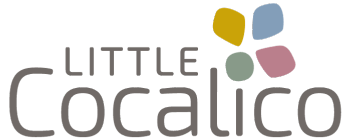The textile industry is an ever growing and changing thing. New processes are being invented to make fabric milling and printing more economically friendly and sustainable, and awareness about the lack of standards overseas is becoming more widespread. I believe that small businesses have played a very important role in making consumers more aware of where and how their fabric and garments are made, and the impact their manufacturing has on the world.
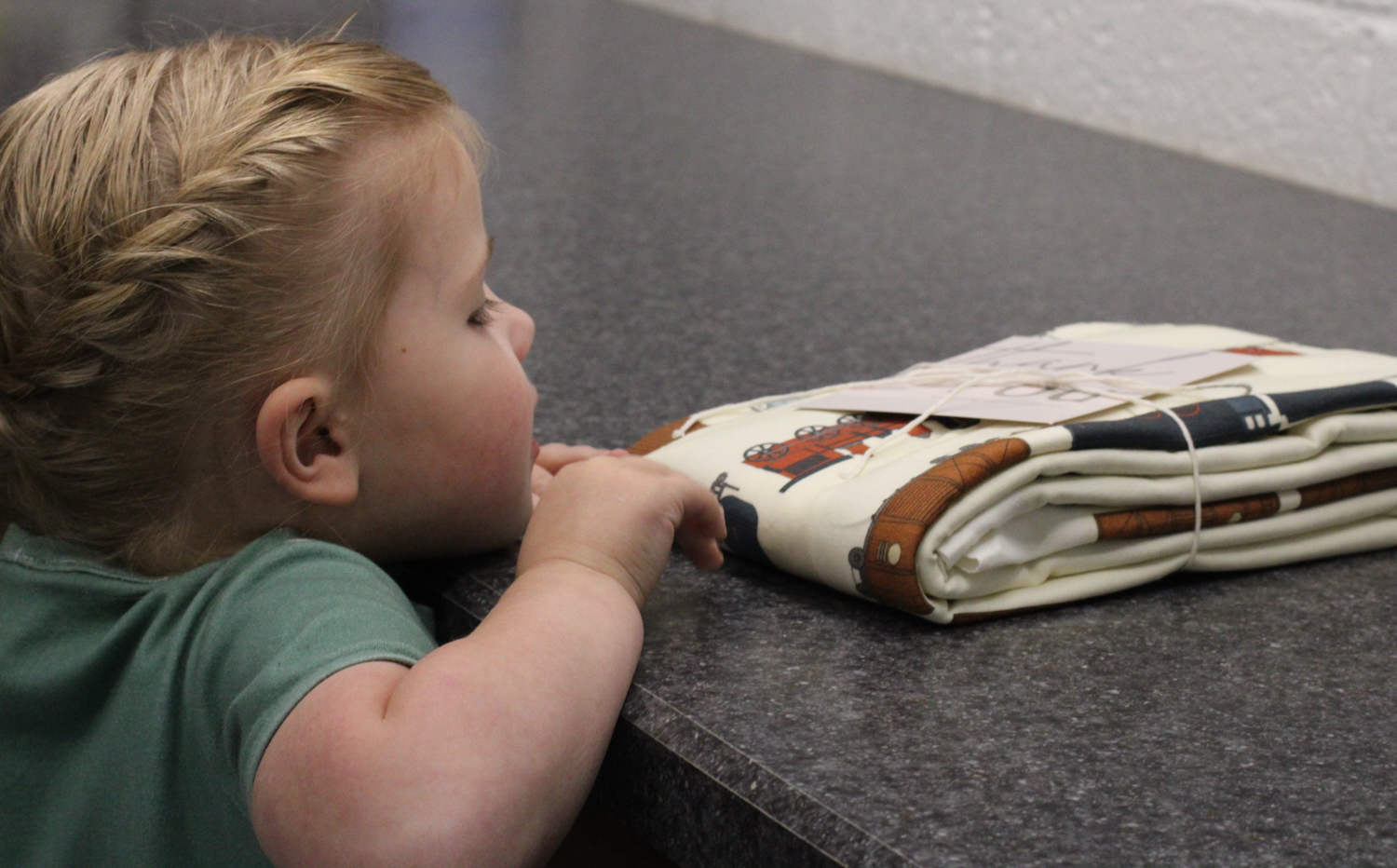
How I Developed a Passion for Organic, American Milled Fabrics
Back in 2019, when my daughter Aela was born, I was blissfully unaware of the human rights and economical crisis that is the global textile industry. All I knew of the fabric world was Joann’s and other big craft stores. The world of small shops was opened to me through cloth diapering. From there, I discovered sewing patterns and small fabric companies. It was a wonderland!
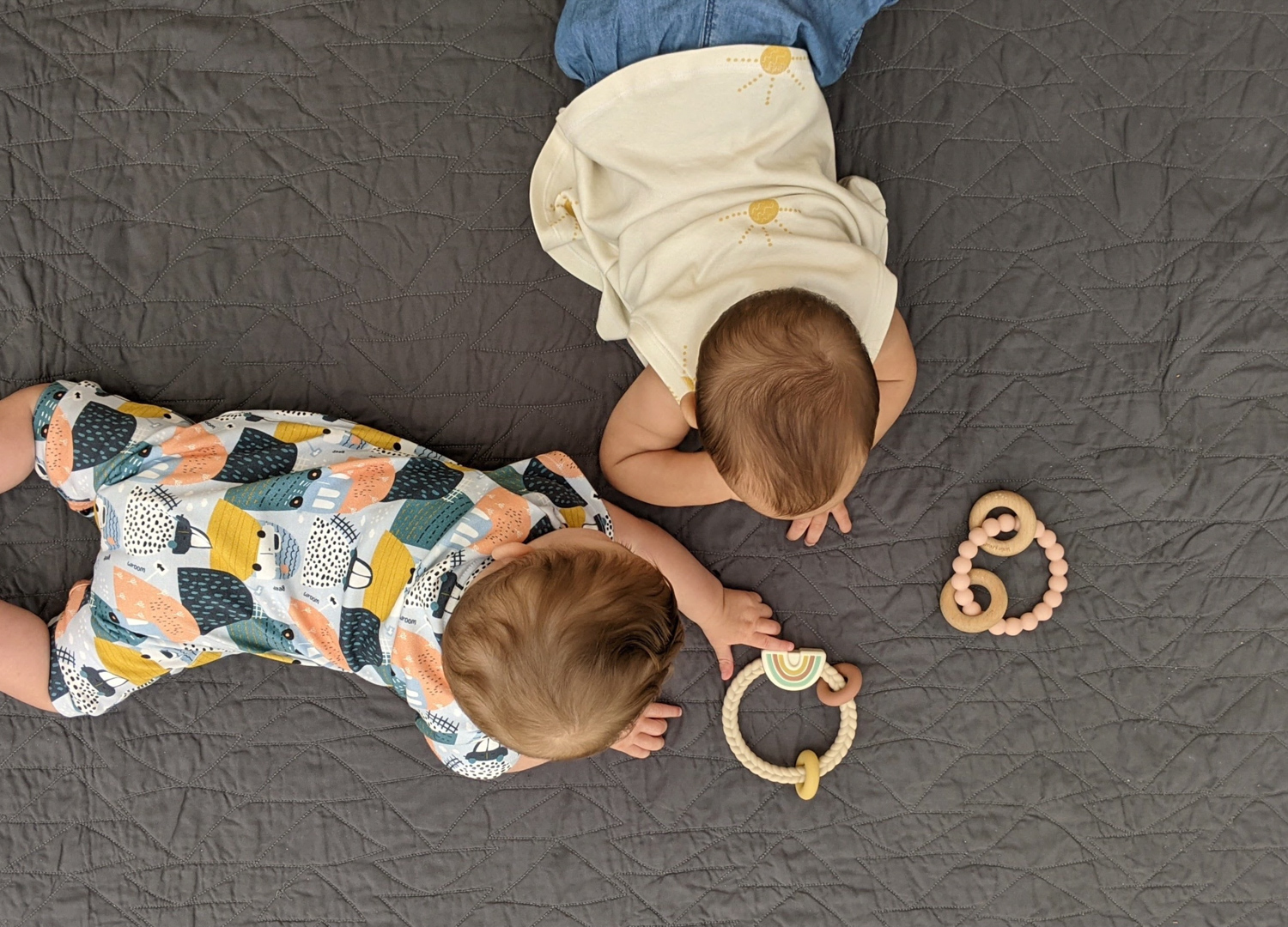
But, I was blissfully unaware of the darker side hiding behind the preorders, the cotton and bamboo knits, and the overseas shipping turn around times.
When I started my small clothing shop I would freely buy fabric from any store that had designs I liked or that I thought others would like. I had no clue about where the fabric originated from, how it was printed, or where the raw products that made the fabric were grown and sourced.
The Dark World of the Textile Industry
I can’t recall the first creator that mentioned organically sourced fabrics, but it definitely peaked my interest. I started diving a little bit deeper, and discovered the many crimes against humanity and the environment being committed by the textile industry, especially in unregulated third world countries. Textile mills alone contribute about one-fifth of the world’s industrial water pollution, using thousands of toxic, carcinogenic chemicals in the process. (1) And the printing process used by many overseas printers wastes tons of water and huge amounts of electricity in open-ended systems that dump contaminated water back into the environment.
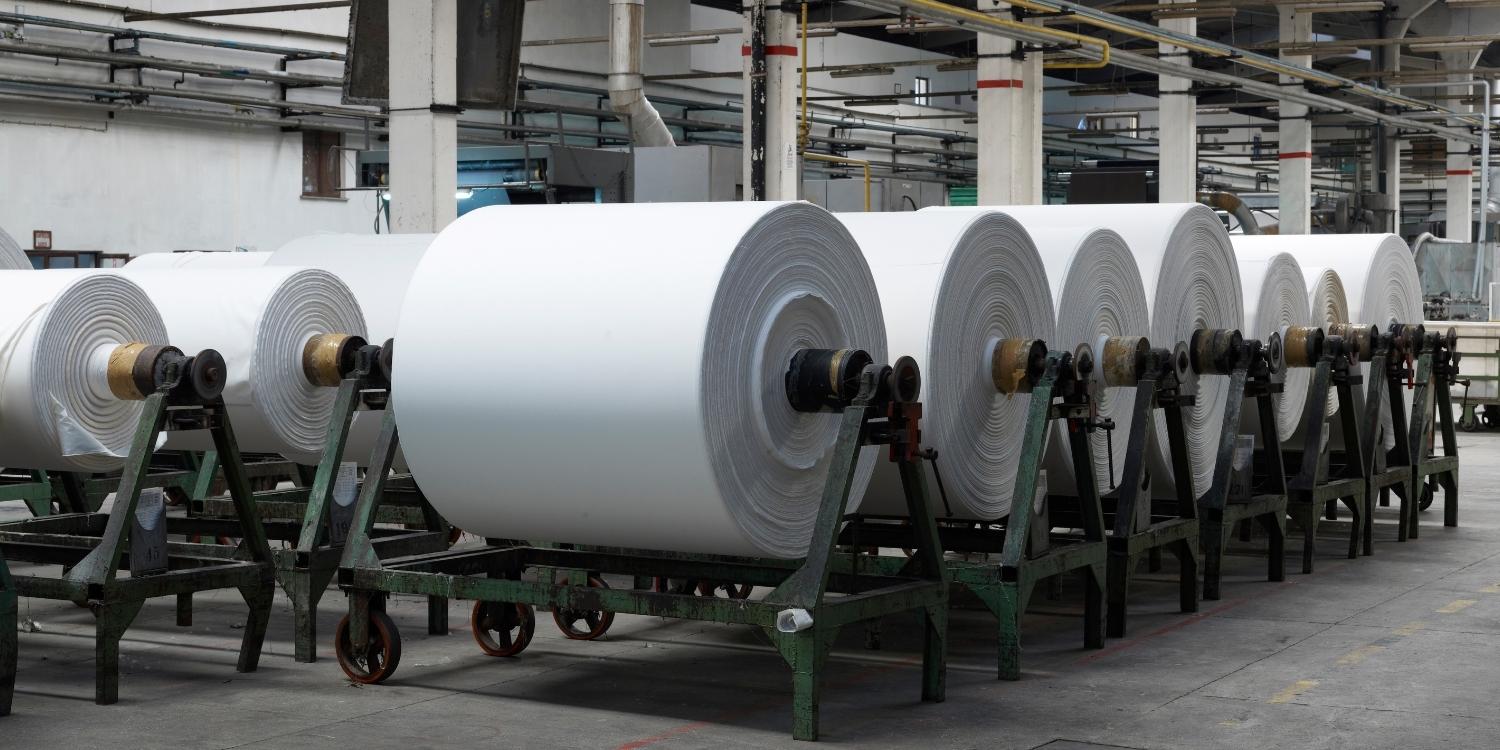
The textile industry does not only impact the environment; it also has an impact on the people living in those areas. I had always heard of overseas sweatshops, but I found it easy to disassociate from that knowledge when making purchasing decisions, especially because the organic fabrics were always more expensive. However, as I saw more and more information being shared among online communities, I knew that I needed to change my buying habits. Countries that don’t uphold Fair Trade Certifications are forcing workers to work 10-18 hour workdays, up to 80 hours a week, for pennies on the dollar. And the working conditions as well as the treatment of women and children in these facilities is awful. (2)
In addition to the processes and industries involved in creating garments and textiles all around the world, there are the environmental impacts of the way that cotton is grown and harvested. Cotton has been referred to as the world’s “dirtiest crop,” because of the heavy amounts of pesticides used to grow it – 80% of which are considered “moderately to highly dangerous” by the World Health Organization. Conventionally grown cotton contains high amounts of insecticides, pesticides, and other toxic chemicals. (3)
American-Milled Fabrics – A Sustainable Way Forward
Finally in my search, I discovered what I had been looking for: something I could find that would guarantee that the fabric I was purchasing was free of sweatshop labor, environmental crimes, and toxic chemicals: GOTS certified fabrics. GOTS stands for the Global Organic Textile Standard, and it ensures the ethicality and environmental responsibility of the organizations it certifies. As I discovered GOTS, I also discovered the benefits that come along with buying fabrics milled and printed in the US. High quality, free from toxic chemicals, and supporting local communities and families! All of my favorite things! As I searched for sources to purchase this type of fabric, I found Little Cocalico, a small US-based business specializing in American Milled, organic cotton fabrics printed with organic inks.
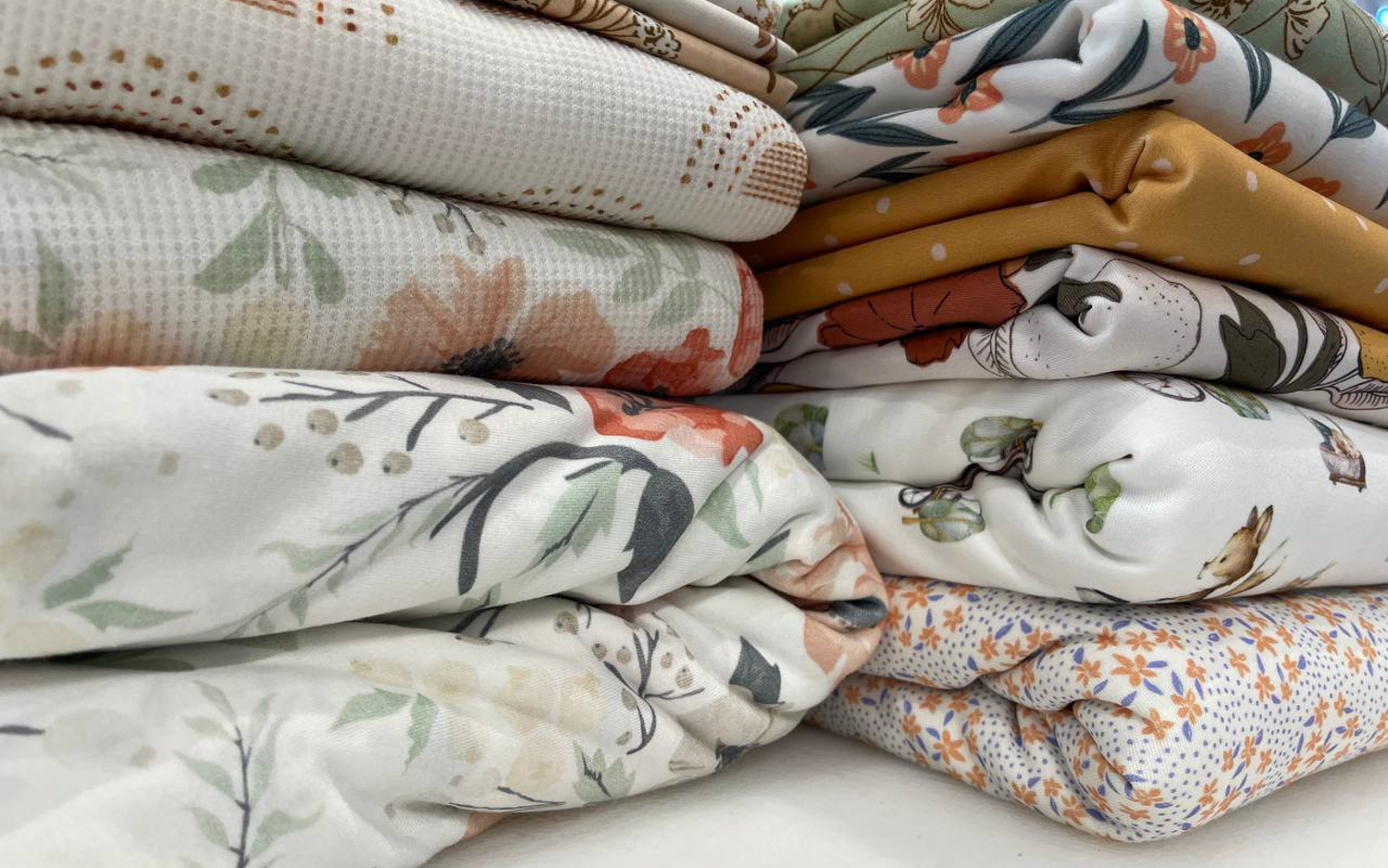
I believe that the sewing community of today, whether hobbyists or business owners, are going to revolutionize the textile industry. We are all beginning to understand the environmental and social impacts that the textile industry has, and so many of us are focusing on organic fabrics for our personal wardrobes and small shops. The world depends on us learning to do better, and to educate and support those around us who are trying to do better. Buying organic, American milled cotton fabrics is a huge step towards ensuring a better future for the textile industry.
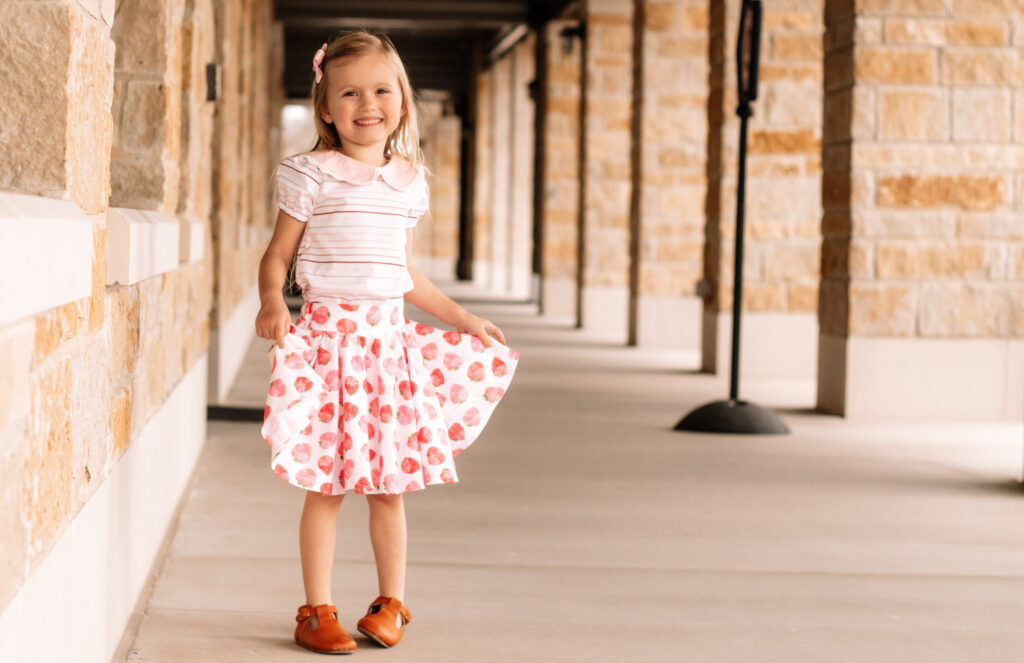
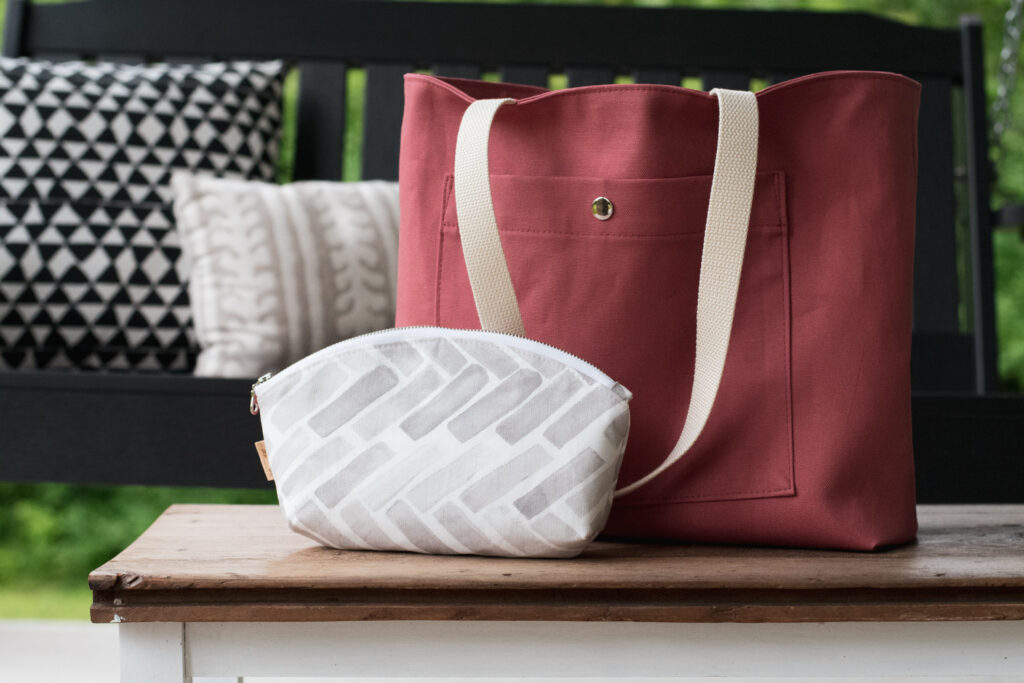
About the Author
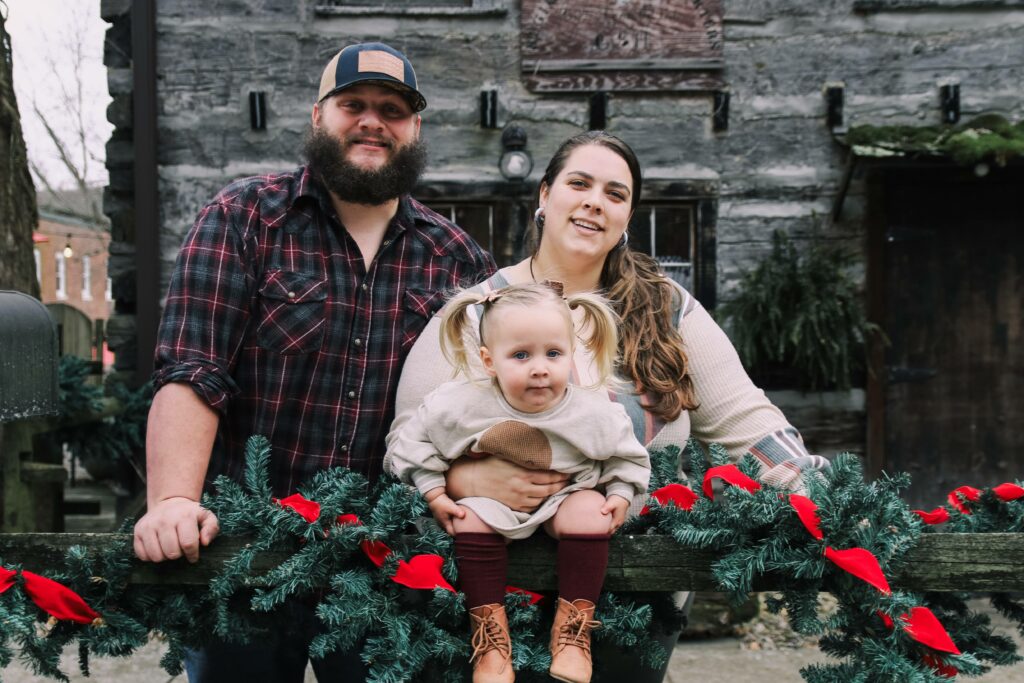
Hi, I’m Kelsey! I am a sewist/artist who focuses on high quality, organic materials for the baby and kids clothes I make. Born and raised in East Tennessee, I have grown up always creating. Painting, drawing, sculpting, writing, and playing music have always been passions of mine, but in my early life I only sewed intermittently. In January of 2020 I began sewing for my baby Aela who was born October 2019, and found I had a passion for it! Later that year I opened my small shop, Indigo Stitches, and since then I have grown it into a successful small shop and learned so much about my field! I specialize in applique and colorblocking, and I love taking patterns and hacking them to be unique!
You can follow me on Instagram here: Instagram.com/indigostitchesco
Join my group on Facebook here
Visit my website: indigostitchesco.com
Sources Referenced in Article
